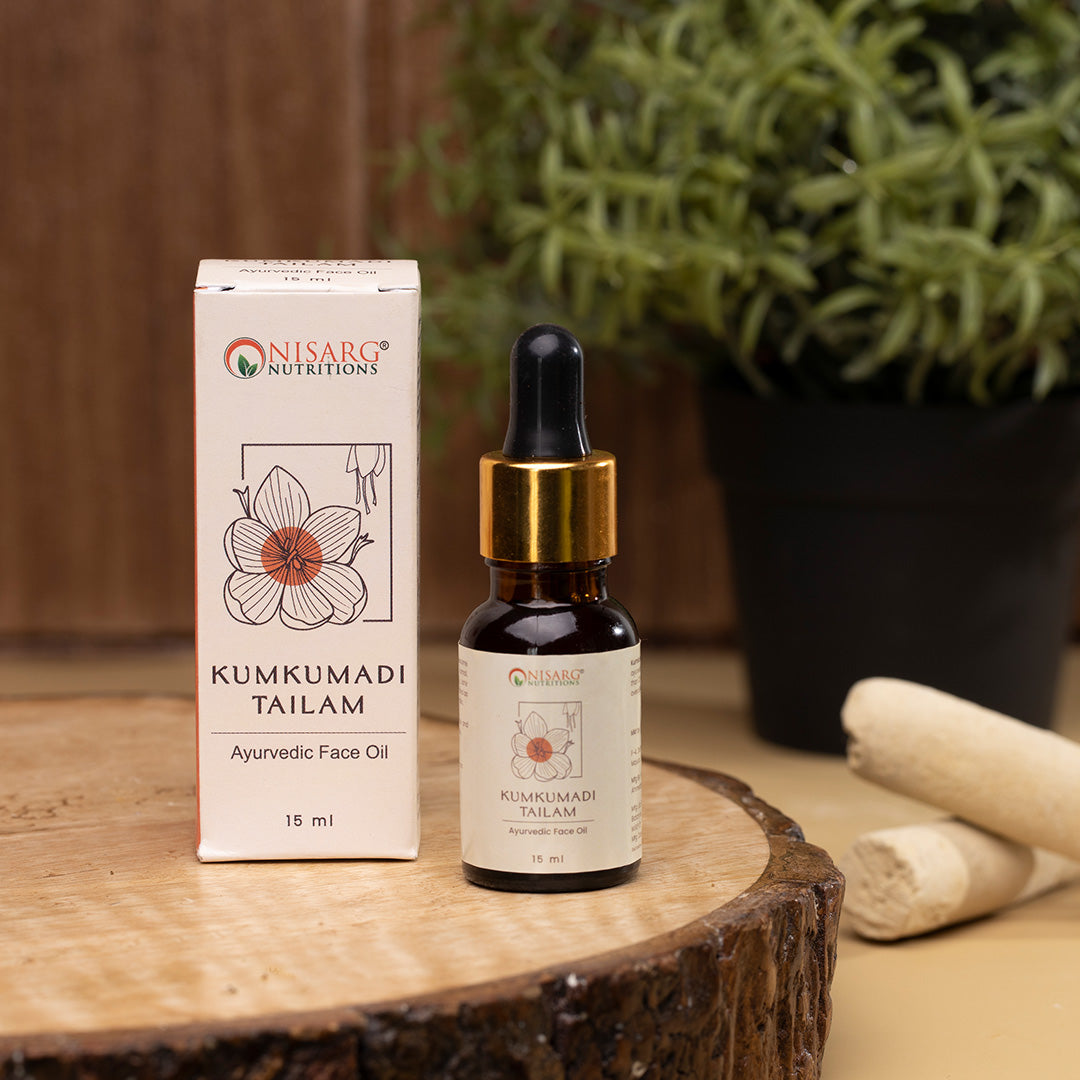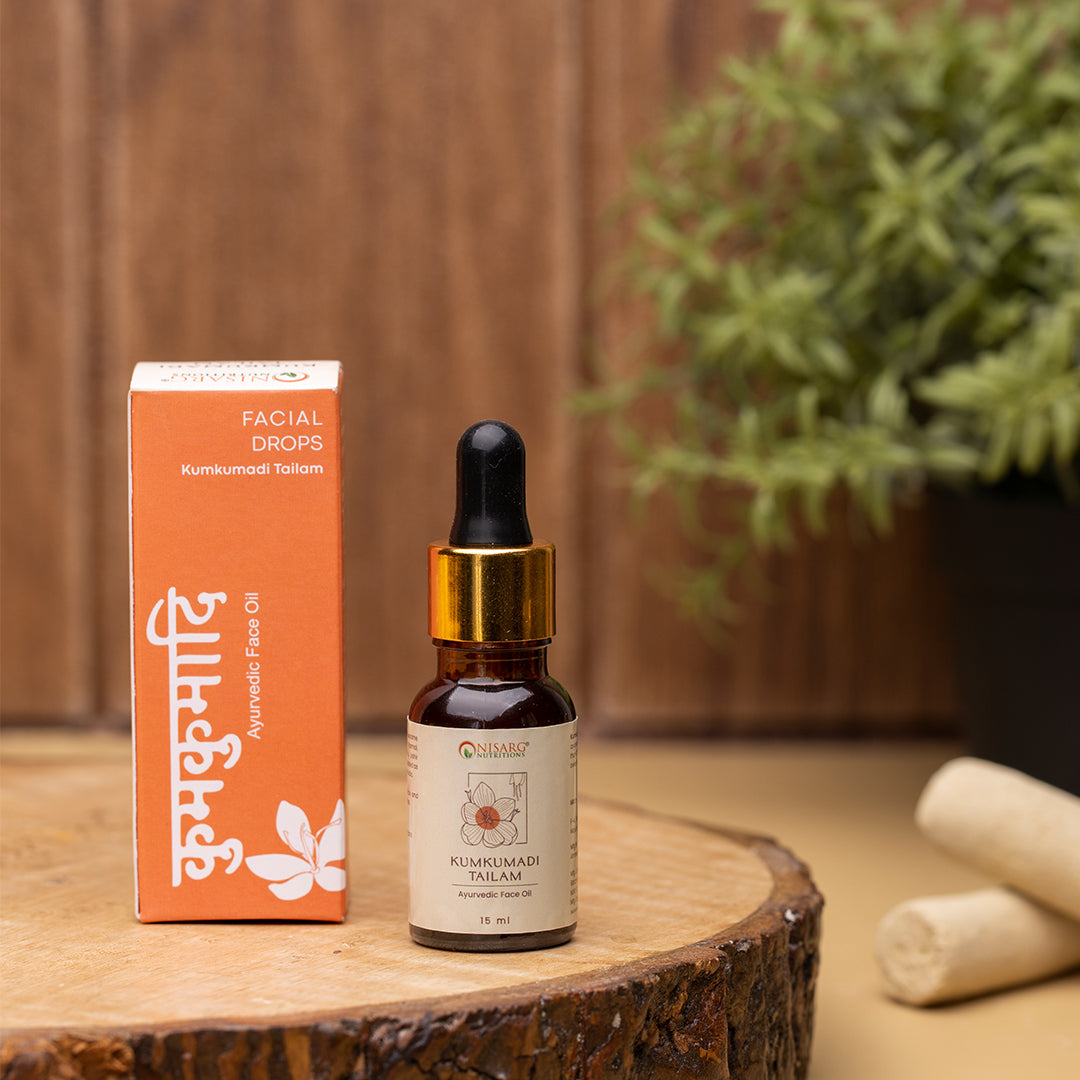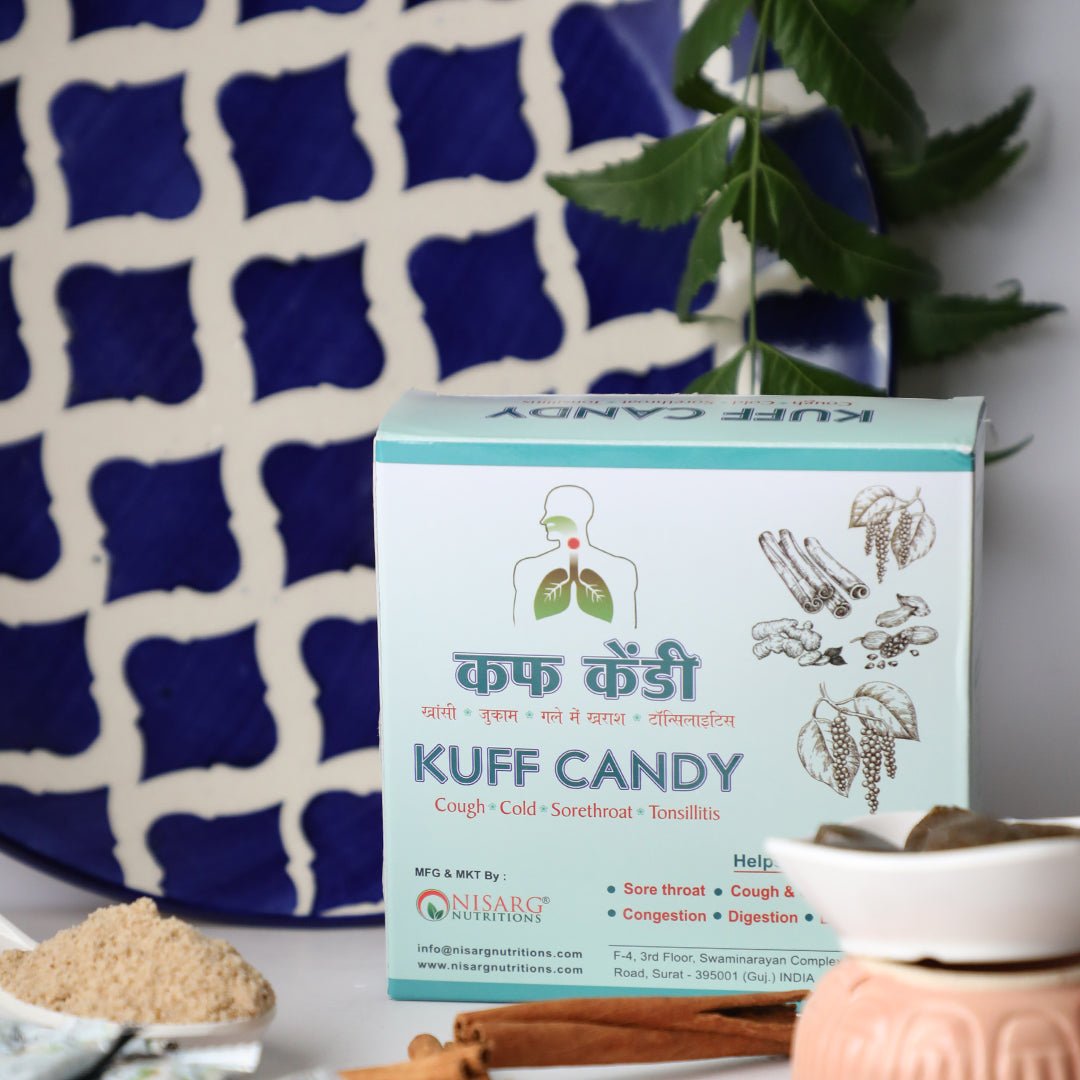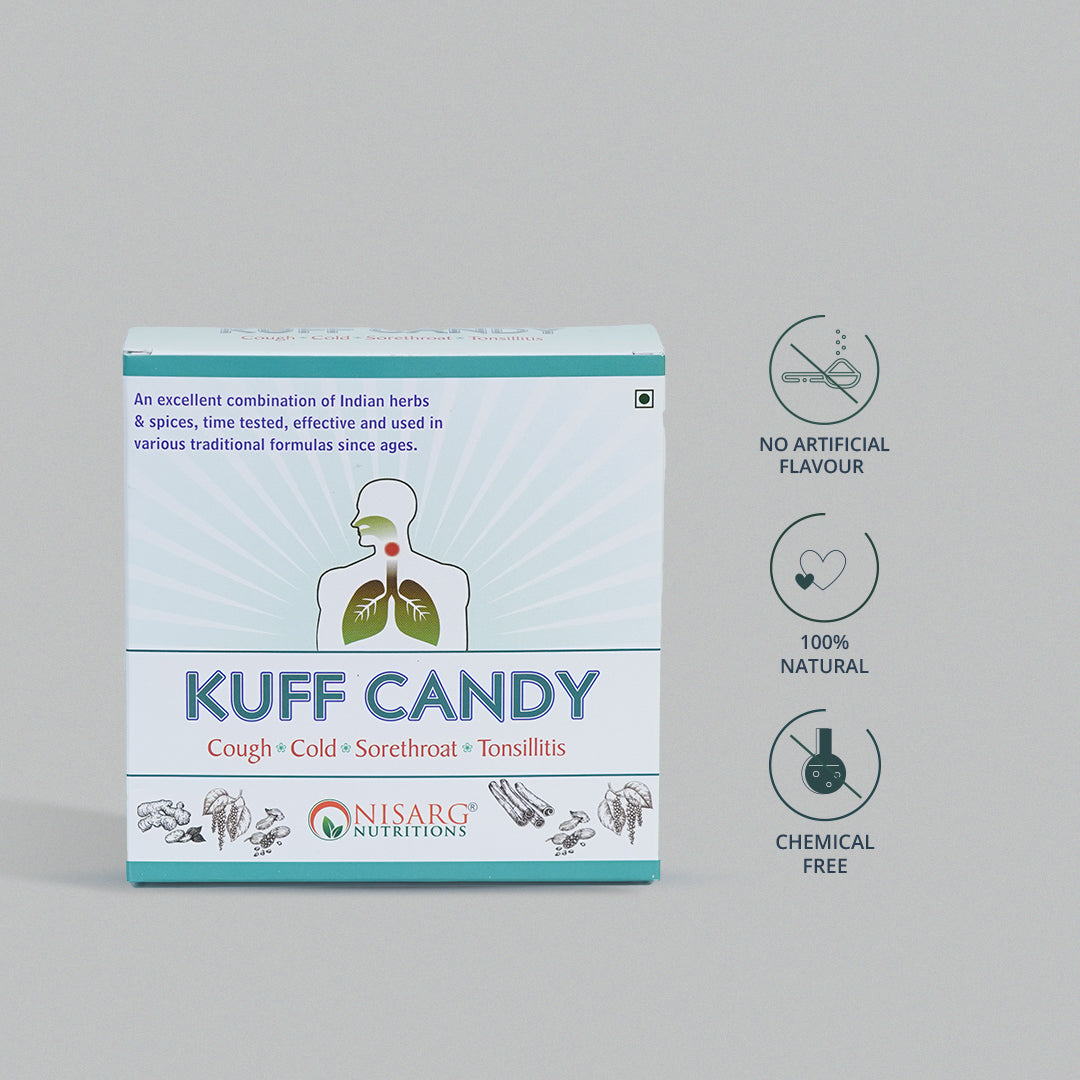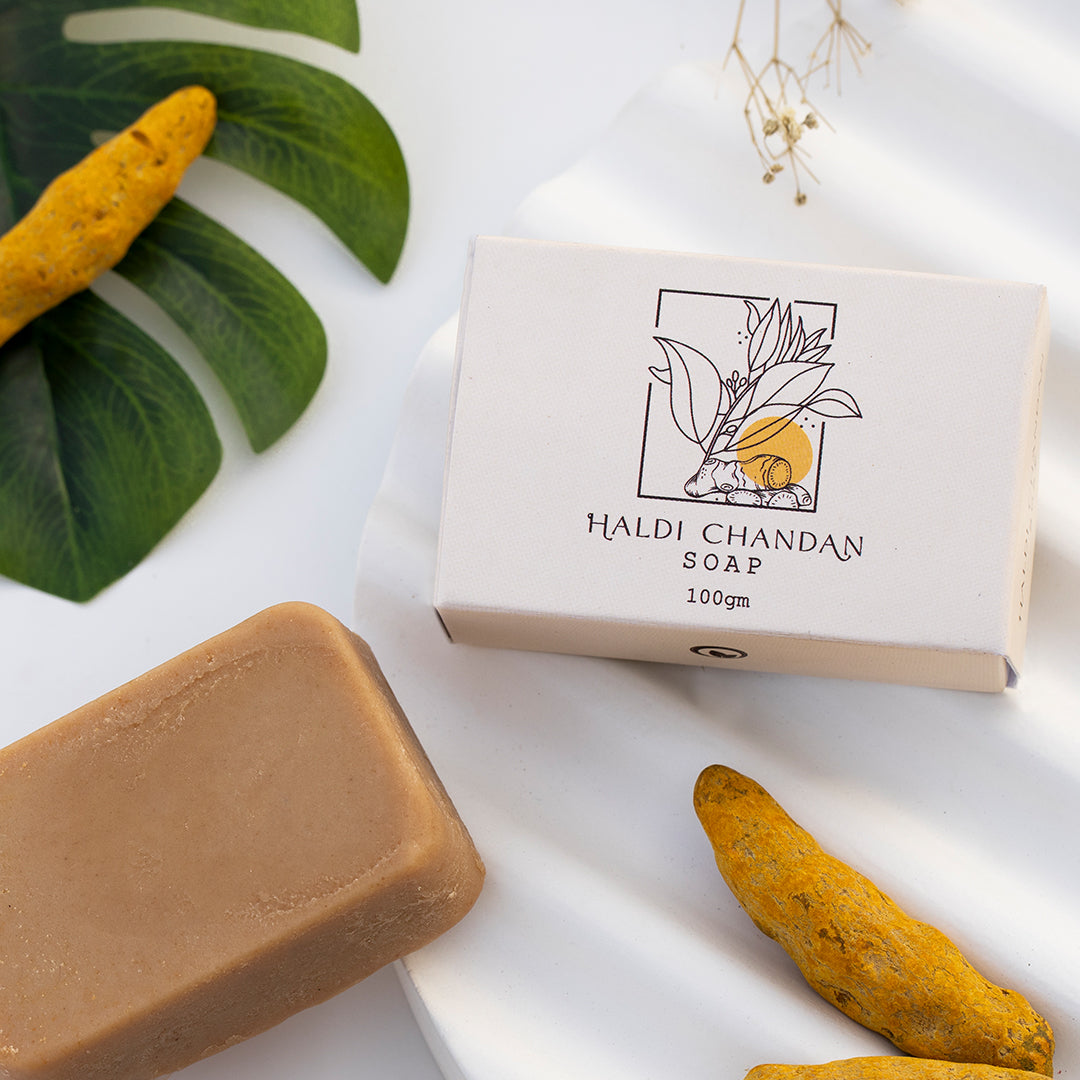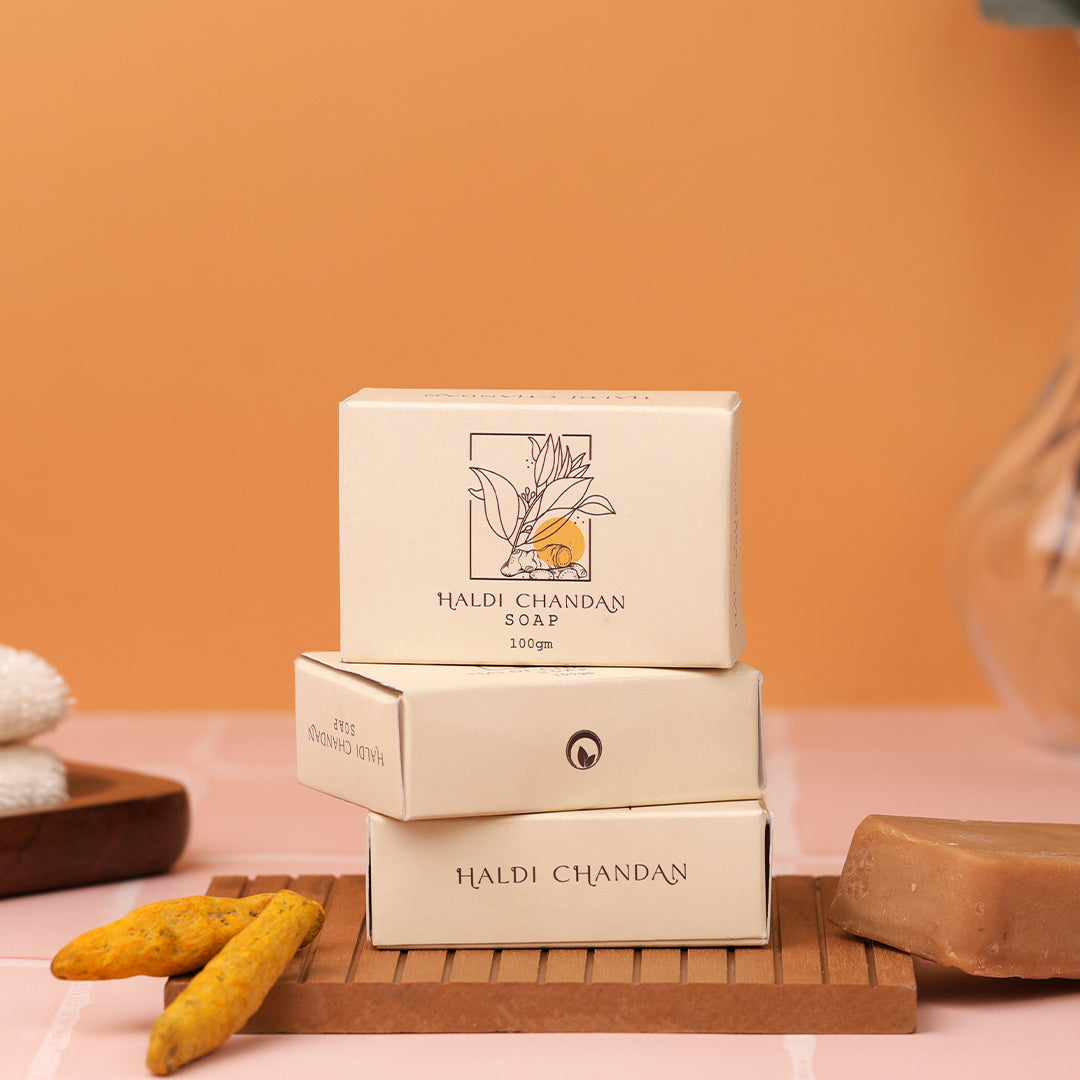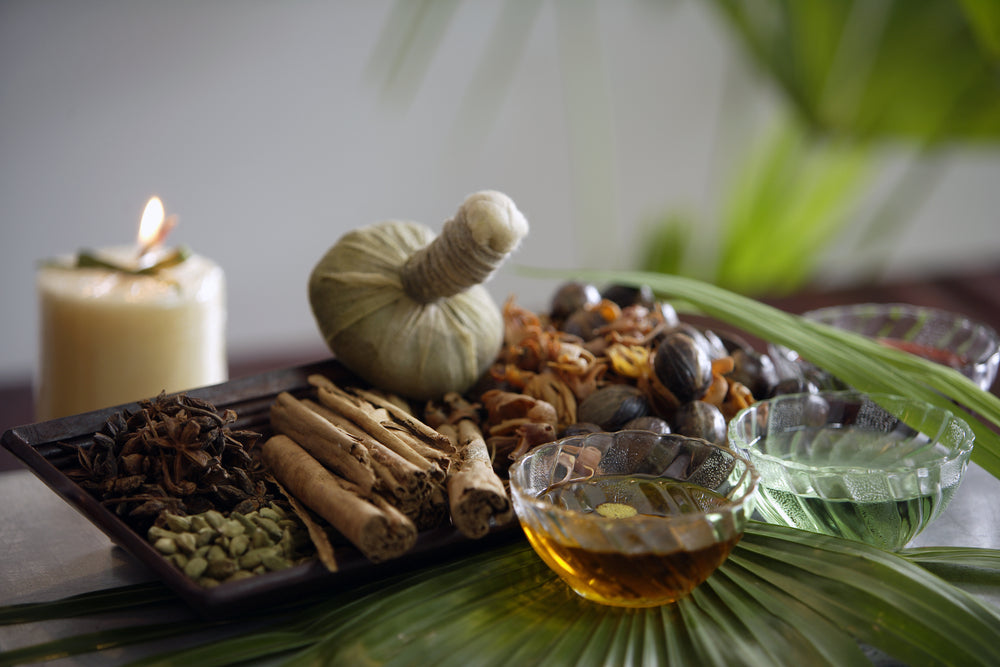It is not uncommon for women to experience sudden hair loss and hyper-sensitive skin post-partum. During post-partum, some women also experience changes in skin texture, acne, dark circles, stretch marks, and pigmentation, which is why it is important to take special care of your skin.
It is not a secret that Ayurveda provides a holistic approach to health and wellness. The postpartum period is considered a critical time in a woman’s life and Ayurveda provides guidance on how to care for oneself during this time. In Ayurveda, hair and skin are seen as indicators of overall health, making postpartum hair and skin care a critical aspect of postpartum recovery.

Here are some Ayurvedic tips for postpartum hair and skin care:
Diet: A balanced diet rich in vitamins, minerals, and antioxidants is essential for postpartum hair and skin health. Foods that are recommended include leafy greens, nuts, seeds, ghee, and lacto-fermented foods. These foods provide the necessary nutrients for healthy hair and skin growth and repair. Sesame seeds, taken with or without chemical-free jaggery, are especially beneficial in boosting hair health.
Hydration: Adequate hydration is important for hair and skin health. Drinking plenty of water helps to hydrate the skin and hair, promoting healthy growth. Herbal teas and warm water with lemon can also be incorporated into the diet for added hydration and nutrients. Water boiled with dry ginger helps boost metabolism and hence can be taken regularly.
Herbs: Certain herbs, such as amla, shikakai, and neem, have been traditionally used to promote hair growth and strengthen the scalp. They can be taken internally or used in the form of hair oil like Nilibringadi Oil or paste. Using herbal hair treatments can help to improve hair strength, reduce breakage, and promote growth.

Massage: Massaging the skin with warm herbal oil like Kumkumadi Tailam can help to improve circulation, increase hydration of the skin cells and thereby also help heal stretch marks and pigmentation caused during pregnancy. Regular massage with sesame or coconut oil is recommended. Hair Massage can also help to stimulate hair follicles and promote healthy hair growth.
Sleep: Getting enough rest and sleep is crucial for postpartum hair and skin health. Aim for 7-8 hours of sleep per night and try to establish a regular sleep routine. Sleep helps the body repair and regenerate, which is important for hair and skin health.
Avoid stress: Stress can have a negative impact on the health of your hair and skin. It is important to practice stress management techniques such as meditation, yoga, and deep breathing to help reduce stress levels.
Avoid harsh chemicals: Postpartum skin and hair can be sensitive, so it is best to avoid harsh chemicals, such as hair dyes, hair straightening treatments, and other cosmetic treatments. Instead, opt for natural hair care products and use gentle, fragrance-free skincare products.

Sun protection: Protecting the skin from sun exposure is critical for maintaining skin health and preventing premature aging. Use natural, chemical-free sunscreen, and cover up with clothing and hats when spending time outdoors.
In addition to these tips, Ayurveda also suggests specific postpartum self-care rituals such as Abhyanga, steaming, etc. that will help to balance and expel vitiated Vata in your body. For a period of time after giving birth, this is the most commonly practised Ayurvedic postpartum care treatment for women. Gentle physical activities such as yoga and light walking are also recommended to help the body recover.
In conclusion, postpartum hair and skin care is an important aspects of overall health and well-being. Incorporating Ayurvedic principles into a postpartum self-care routine can help promote healthy hair and skin, as well as overall health and well-being. By following a balanced diet, practising stress management techniques, and avoiding harsh chemicals, women can give their bodies the care they need to fully recover after giving birth.
